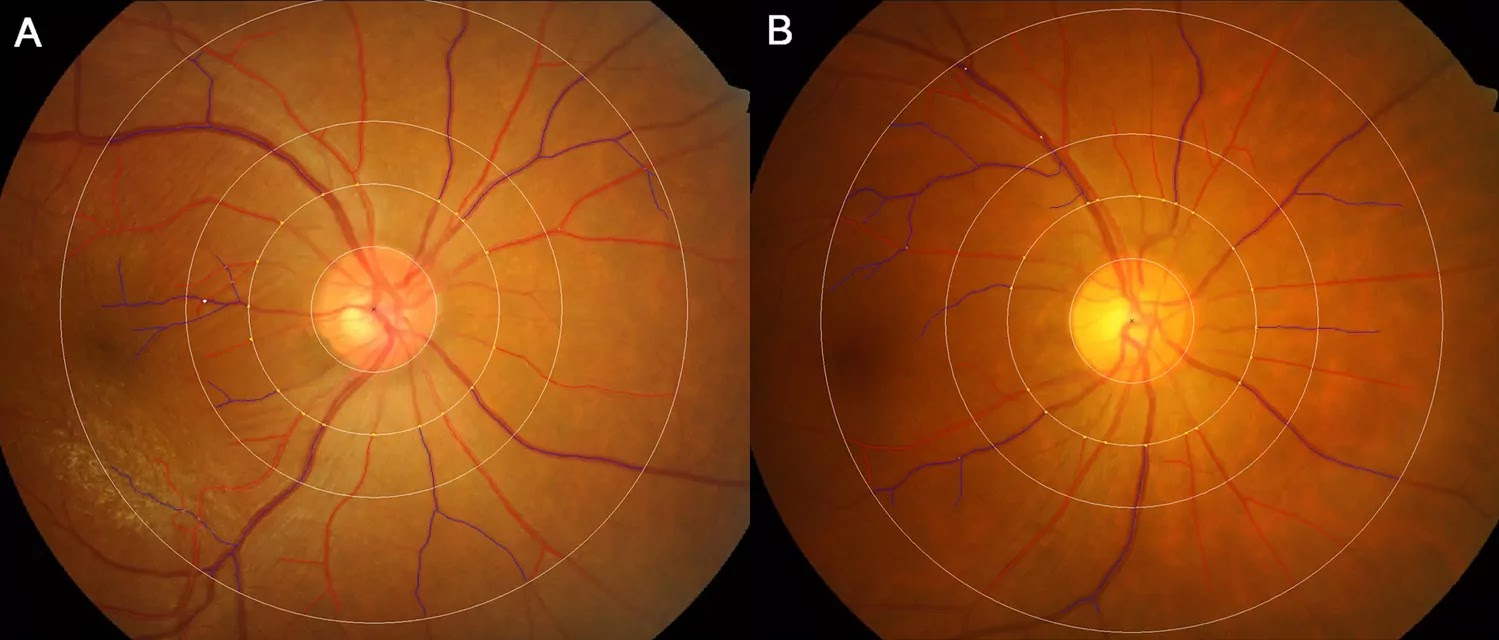Functional Thymus Organoids Grown from Human Stem Cells: A Promising Approach for Generating Immune Cells
Introduction: The immune system plays a crucial role in defending the body against infections and diseases. One of the key components of the immune system is T cells, which are produced in the thymus gland. However, certain medical conditions or treatments can damage the thymus, leading to a compromised immune system. In recent years, researchers have been exploring the use of thymus organoids grown from human stem cells as a potential solution to this problem. In this article, we will discuss recent developments in this area and their potential implications.
What are Thymus Organoids? Thymus organoids are miniature versions of the thymus gland that are grown in the laboratory from human stem cells. They are designed to mimic the structure and function of the thymus, and are capable of producing T cells and other immune cells. Thymus organoids offer a promising alternative to traditional methods of generating T cells, such as bone marrow transplants or blood transfusions.
Also Read:- Flash Party Season 9: New Content, Dojo System, Tarot-Themed Skins, and More
- OverDrive, Popular E-book Library App to Shut Down on May 1st
Recent Developments: A recent study published in the journal Nature Communications demonstrated that functional thymus organoids can be grown from human pluripotent stem cells. The researchers used a novel approach that involved combining multiple signaling pathways to promote the growth and differentiation of thymic epithelial cells, which are essential for the development of T cells. The resulting thymus organoids were found to be structurally and functionally similar to the native thymus gland, and were able to produce mature T cells in vitro.
Another study published in the journal Nature Scientific Reports reported on the use of thymus organoids to restore T cell function in mice with a genetic deficiency in the thymus. The researchers transplanted thymus organoids grown from mouse stem cells into the deficient mice, and found that the organoids were able to generate functional T cells that could protect against infections.
Implications: The development of functional thymus organoids from human stem cells has significant implications for the treatment of various medical conditions that compromise the immune system. For example, patients undergoing chemotherapy or radiation therapy for cancer often experience damage to the thymus gland, which can lead to a weakened immune system. Thymus organoids could potentially be used to restore T cell function in these patients, reducing their risk of infections and improving their overall health.
Thymus organoids also offer a promising approach for generating personalized T cell therapies for patients with autoimmune disorders or certain types of cancer. By growing thymus organoids from a patient's own stem cells, researchers could generate T cells that are specifically tailored to the patient's immune system, potentially reducing the risk of rejection and improving treatment outcomes.
So, the development of functional thymus organoids from human stem cells represents a significant advance in the field of immunotherapy. Thymus organoids offer a promising alternative to traditional methods of generating T cells, and have the potential to revolutionize the treatment of various medical conditions that compromise the immune system. Further research is needed to optimize the growth and differentiation of thymus organoids, and to evaluate their safety and efficacy in clinical trials. However, the potential benefits of thymus organoids make them an exciting area of research for the future of immunotherapy.
Read More:That's it for this article.
Thanks for Visiting Us – fixyanet.com



0 Comments